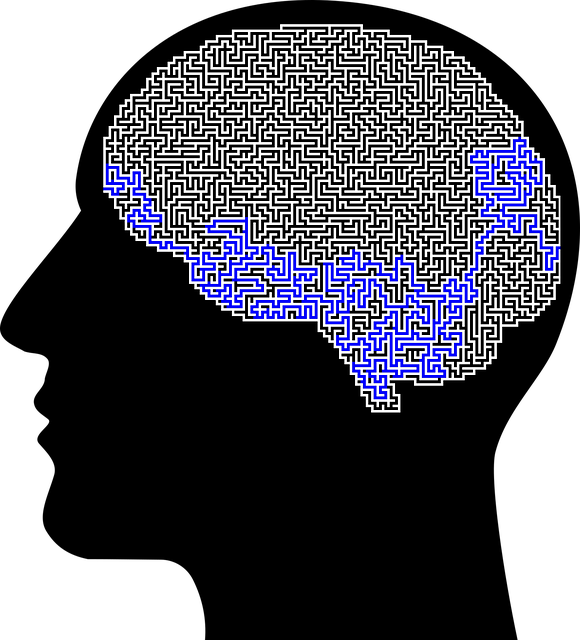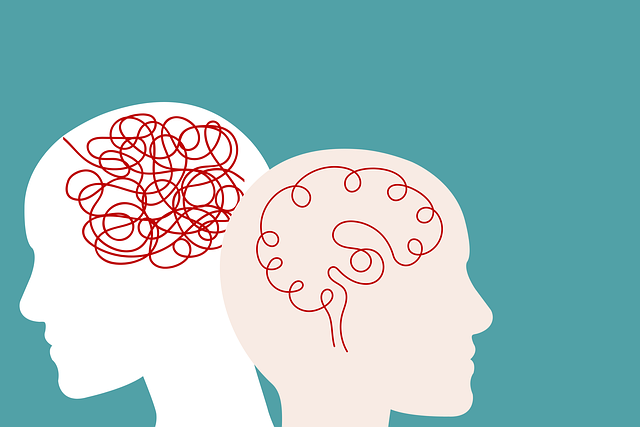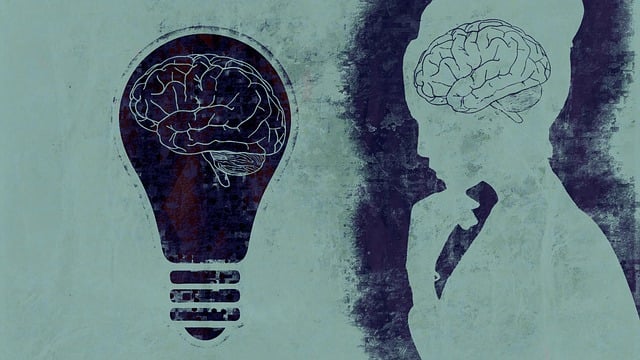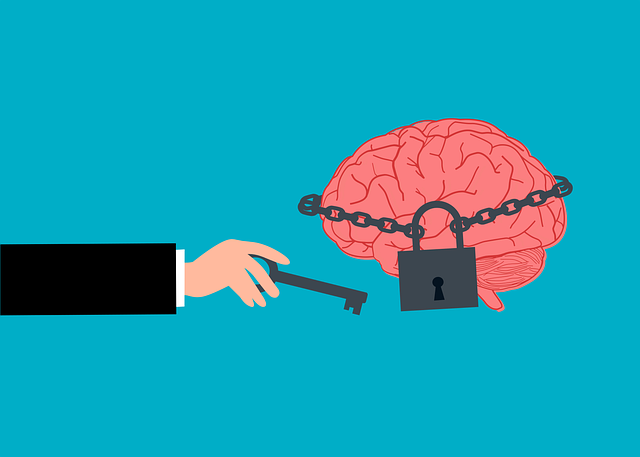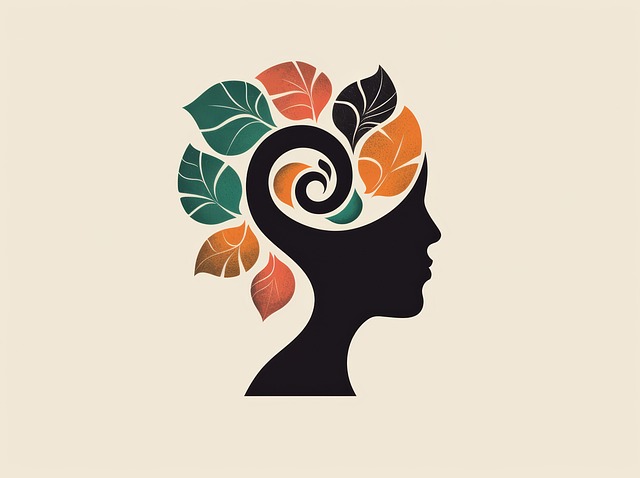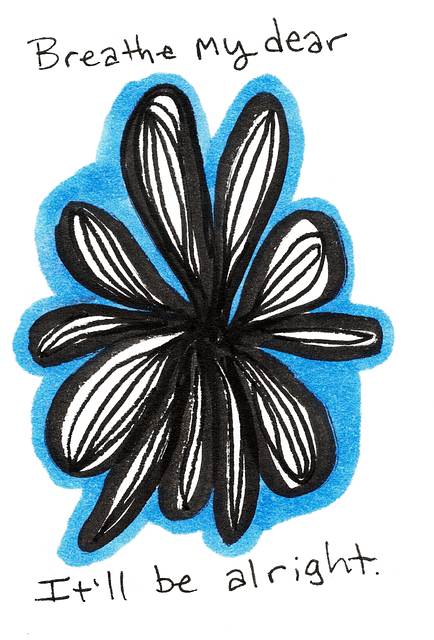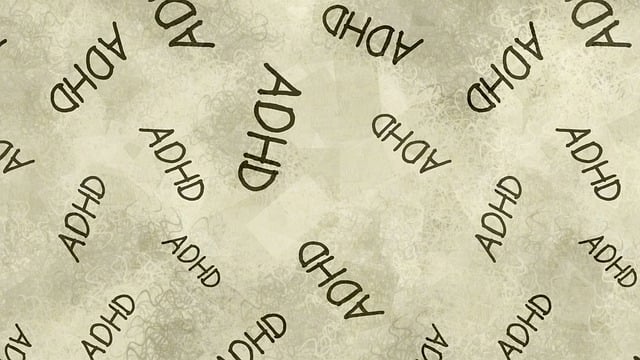Colorado Springs Divorce Therapy offers a unique approach to mental health recovery by integrating social skills training into its programs. This strategy recognizes the profound impact of social connections on mental well-being, empowering individuals with empathy, resilience, and communication tools. Through specialized counseling and group sessions, clients develop coping mechanisms, rebuild relationships, and enhance their support networks. The holistic method, combining techniques like mindfulness and role-playing, fosters healthier interactions and significantly aids those dealing with anxiety, depression, or PTSD, ultimately improving life quality.
Social skills training is a powerful tool in supporting individuals with mental health conditions. This comprehensive guide explores the intricate link between social competence and mental well-being, highlighting the beneficial role of specialized therapies like Colorado Springs Divorce Therapy. We delve into practical strategies to enhance social interactions, offering valuable insights for therapists and caregivers. By understanding these techniques, we can foster better support systems and improve the lives of those navigating mental health challenges.
- Understanding the Connection Between Social Skills and Mental Health
- The Role of Colorado Springs Divorce Therapy in Building Social Competence
- Practical Strategies for Enhancing Social Skills in Individuals with Mental Health Conditions
Understanding the Connection Between Social Skills and Mental Health

In the realm of mental health support, social skills training stands as a powerful tool often overlooked yet profoundly impactful. The connection between one’s ability to connect socially and their overall mental well-being is intricate and significant. For individuals navigating challenges like those seeking Colorado Springs divorce therapy, fostering healthy interpersonal interactions can be transformative. Mental health conditions, whether depression, anxiety, or trauma-related disorders, can isolate and hinder social connections, creating a vicious cycle that exacerbates distress.
Empathy building strategies, resilience training, and crisis intervention guidance are essential components of this training. By learning effective communication techniques, individuals can build stronger relationships, which in turn enhances their sense of belonging and support. This proactive approach to mental health care recognizes that social skills are not merely niceties but vital tools for managing symptoms, improving coping mechanisms, and promoting overall resilience.
The Role of Colorado Springs Divorce Therapy in Building Social Competence

Colorado Springs Divorce Therapy plays a pivotal role in empowering individuals navigating mental health challenges, particularly during and after divorce. This therapeutic approach goes beyond addressing emotional healing processes; it focuses on cultivating social competence—a crucial aspect of overall well-being. Through specialized programs, therapists facilitate a safe space for clients to rebuild connections, enhance communication skills, and regain confidence.
The process involves teaching effective coping strategies for managing stress and emotions, which are essential for successful social interactions. By learning to regulate their emotional responses, individuals can improve their relationships, boost self-esteem, and create supportive networks. Colorado Springs Divorce Therapy offers a holistic approach, combining individual counseling with group sessions, enabling clients to gain new insights, build resilience, and ultimately foster healthier social connections, enhancing their overall quality of life.
Practical Strategies for Enhancing Social Skills in Individuals with Mental Health Conditions

Social skills training plays a pivotal role in enhancing the lives of individuals dealing with mental health conditions. Practical strategies focus on teaching and reinforcing essential social interaction techniques, fostering a sense of comfort and confidence in various settings. Through structured activities and role-playing exercises, clients learn to navigate conversations, interpret non-verbal cues, and build meaningful connections. These skills are particularly beneficial for those struggling with anxiety disorders, depression, or post-traumatic stress disorder (PTSD), as social isolation can exacerbate these conditions.
Incorporating Emotional Well-being Promotion Techniques, such as mindfulness and compassion cultivation practices, into therapy sessions empowers individuals to manage stress effectively. By cultivating empathy and self-compassion, clients develop healthier interpersonal dynamics, which can lead to improved relationships and a stronger support system. Colorado Springs Divorce Therapy, for instance, may utilize these strategies to help couples reconnect and improve their communication, ultimately enhancing their emotional well-being.
Social skills training, especially through specialized programs like Colorado Springs Divorce Therapy, plays a pivotal role in managing and improving mental health conditions. By focusing on building social competence, individuals can enhance their overall well-being and navigate relationships more effectively. The practical strategies outlined in this article provide valuable tools for fostering healthier interactions, ultimately leading to improved mental health outcomes. For those seeking support, Colorado Springs Divorce Therapy offers a comprehensive approach to addressing the complex interplay between social skills and mental health.

